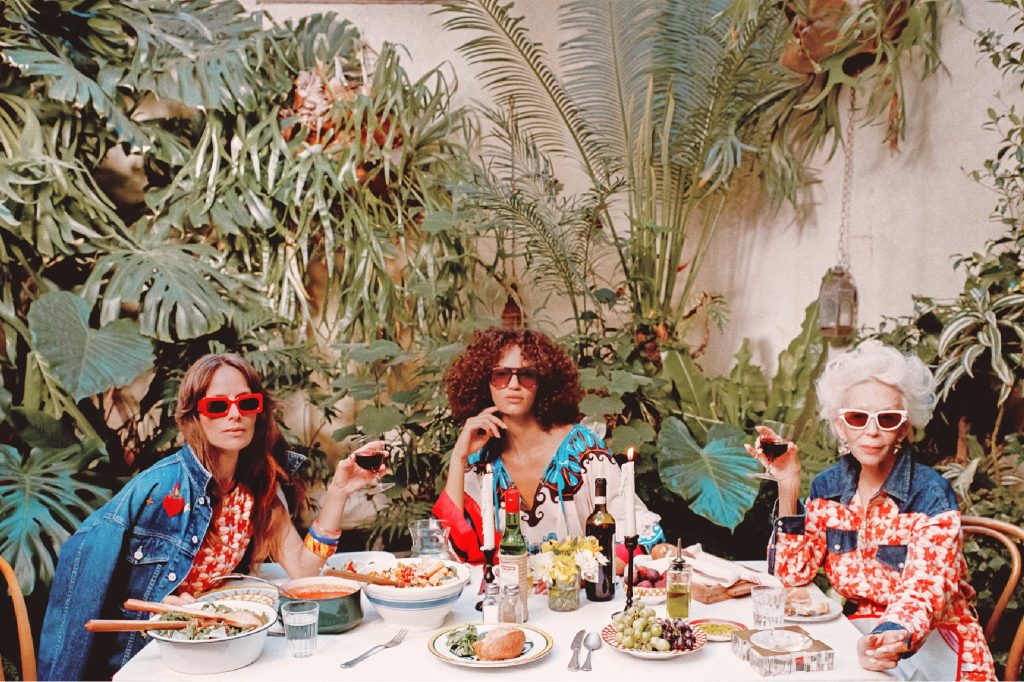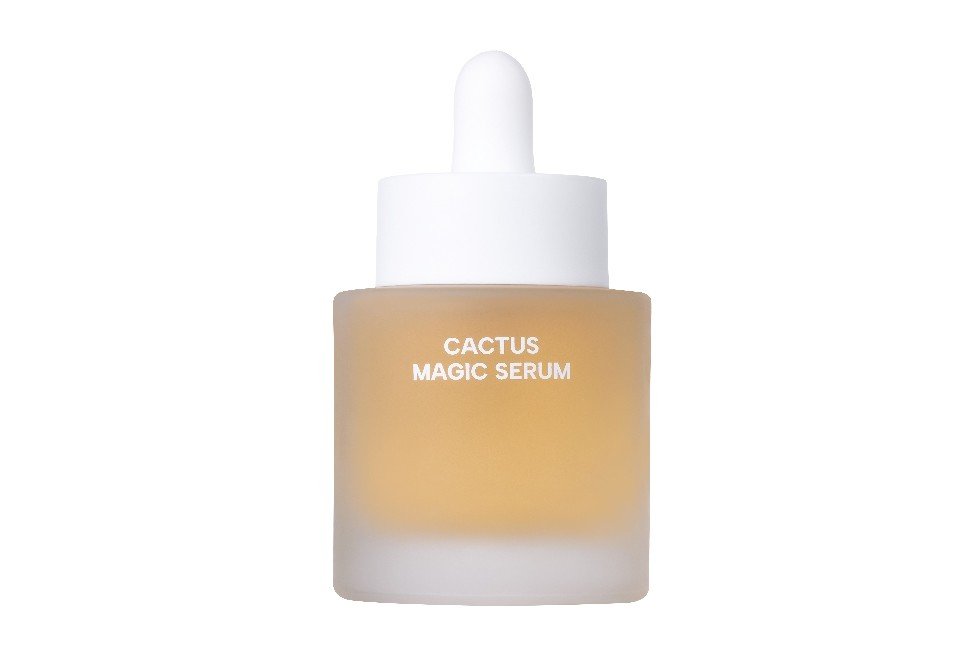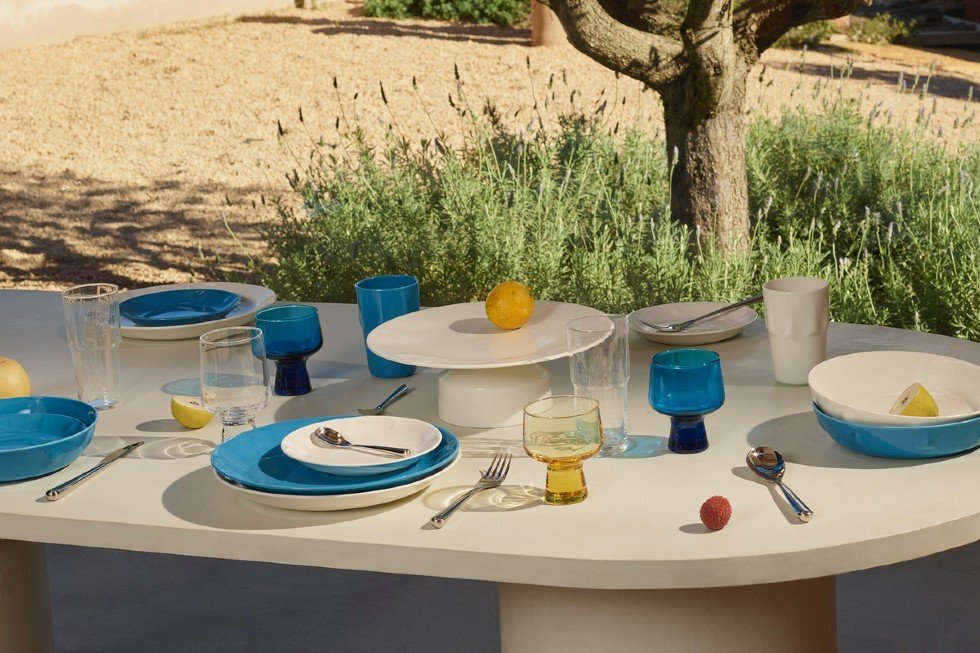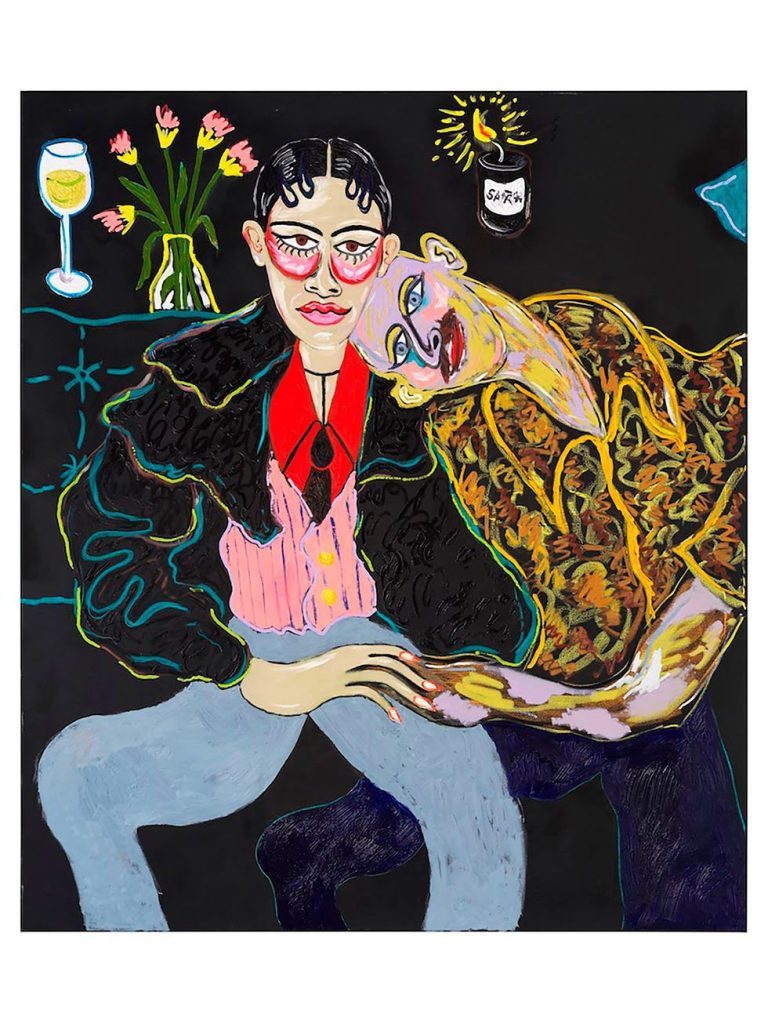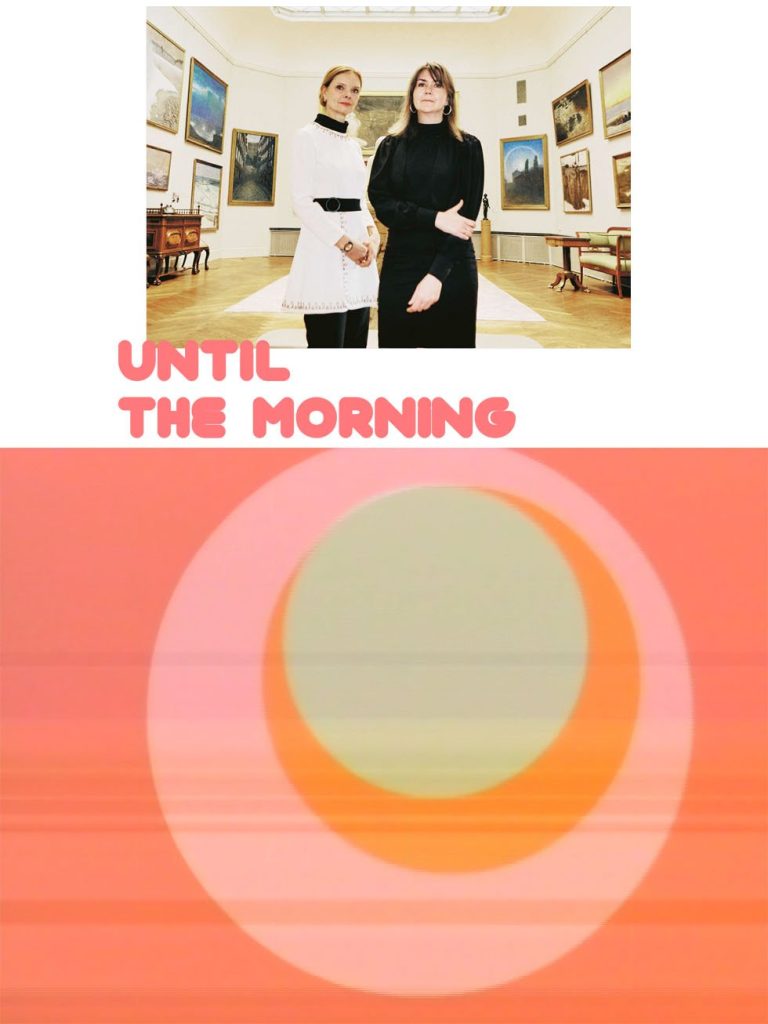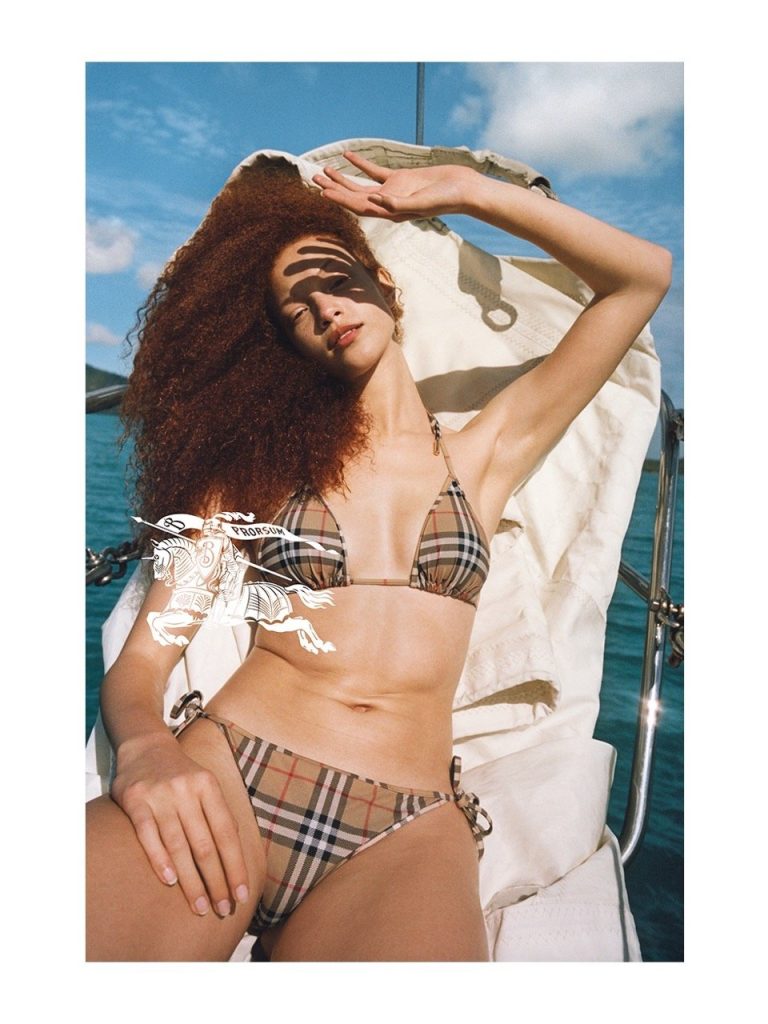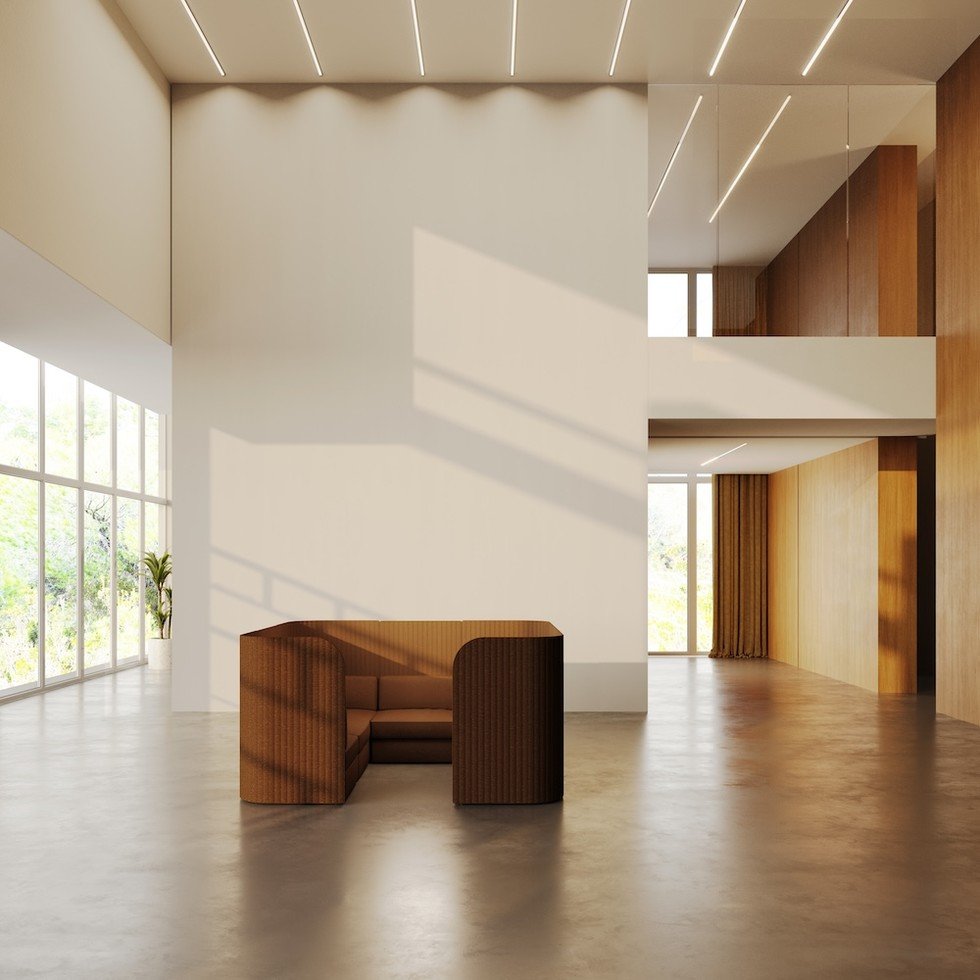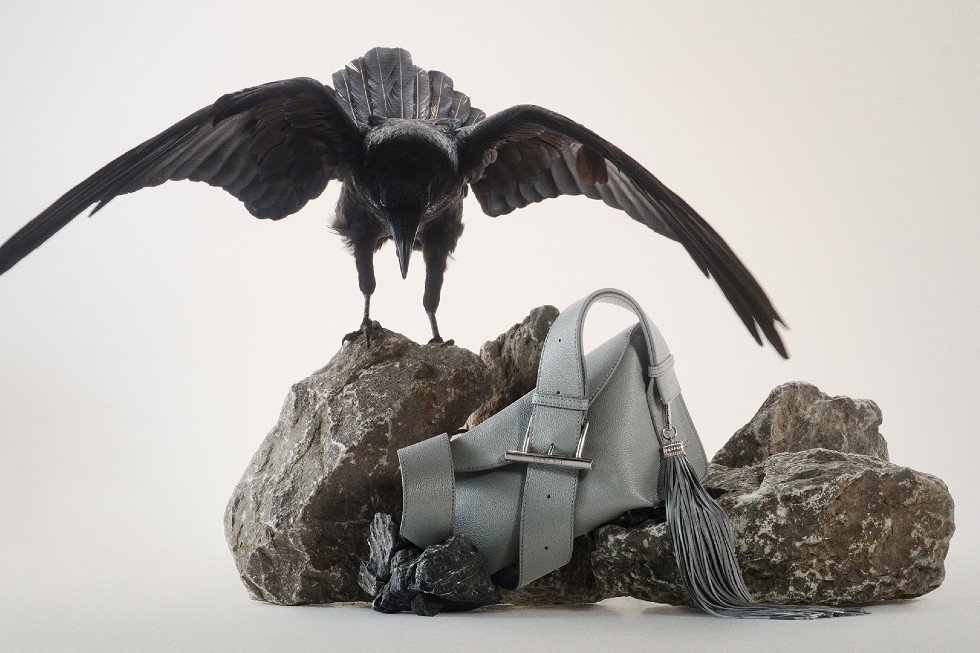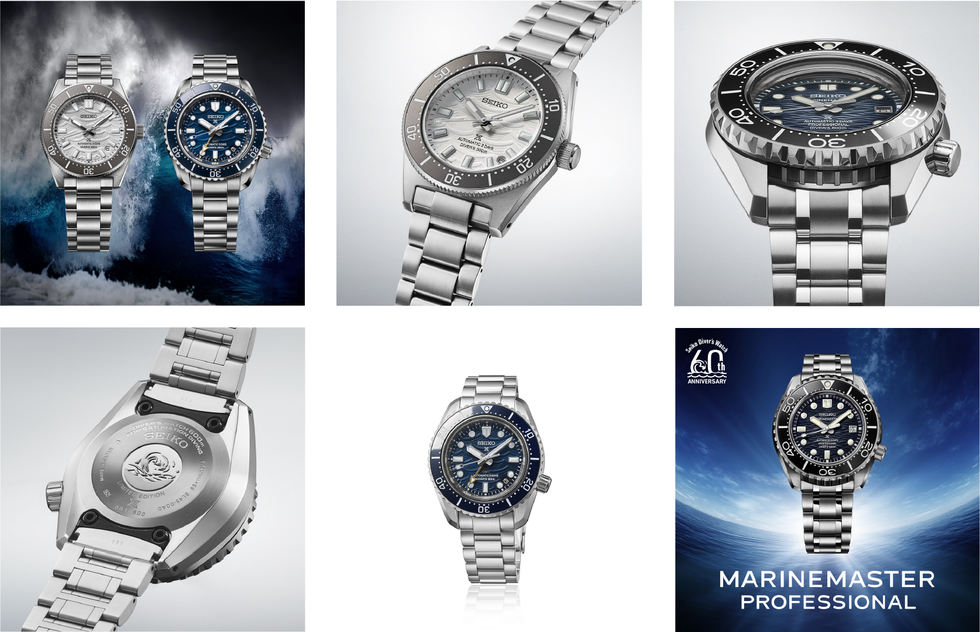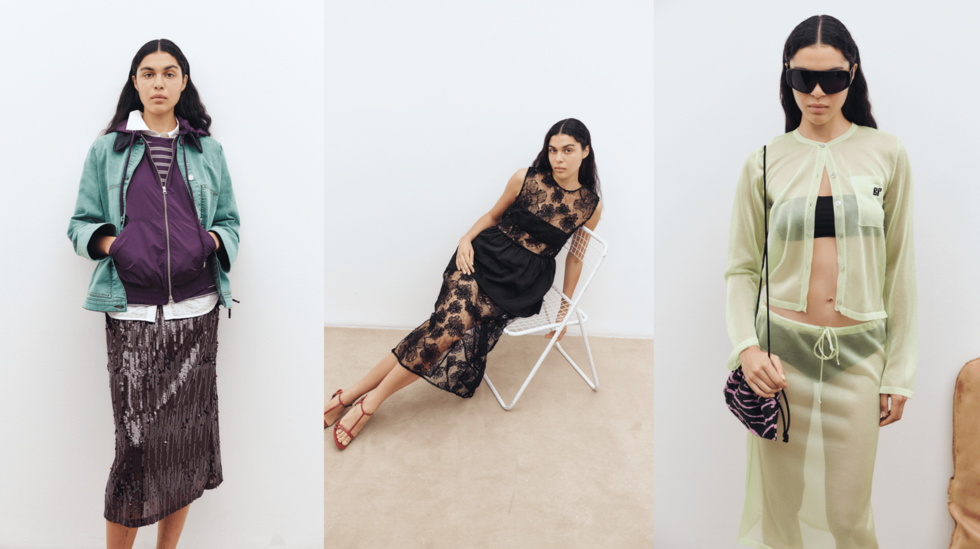Bateau Rouge, an Interiew With Constance Tenvik text Astrid Birnbaum Celebrated for her mastery across performance, textile, sculpture, costume, painting, and drawing, Constance Tenvik stands as a visionary artist, crafting immersive installations that resonate globally. The upcoming exhibition at The Munch Museum in Oslo will no doubt elevate Tenvik to new heights. Whether nestled in artist retreats or exploring new countries, she seamlessly transforms each environment into a curated extension of her vibrant creations. In this global artistic journey, Tenvik’s oeuvre un- folds like a sophisticated maximalist, weaving together narratives, colour theories, and ex- aggerated forms that enchant discerning audiences. Drawing inspiration from the tapestry of humanity, dreams, and mythological fragments, her paintings intricately interweave, creating a chromatic collage that transcends conventional boundaries. Tenvik’s artistic allure has graced exhibitions across the world, solidifying her presence as a revered artist whose work resonates with the global artistic conscience. Astrid Birnbaum: Constance, I would like to begin this interview at the beginning. You are Norwegian but you were born in London in the year of 1990. As a child and teenager – did you surround yourself with creative things?Constance Tenvik: I was dancing Jazz-ballet four times a week and every other weekend until I was 16. I was also singing in a church choir for two years that I ended up in accidentally. I wanted to give emotional support to my friend by showing up with her to the choir audition. I ended up being in the choir but not her. I actually liked it a lot. I was not a perfectionist about it but I liked being part of it. We had a few concerts in the concert house. The nice thing about a choir is that if you leave while everyone is singing, no one will notice. If two people leave, it’s fine. If three people leave it really makes a difference. It’s not really about you, but you are necessary for the choir. I was a child when I picked up some parts of my dads CD collection that had everything from funk to Mozart’s Requiem. There was always music in the house. As a teenager I tried to find excuses to draw, I liked reading books and I was in a poetry club. I was already writing a diary. I still do, every day. I think a lot of artists have a need of documenting and remembering moments and making them last longer. I have recorded many things in my life – small things like everyday conversations, food, music and interactions. AB: When growing older you studied art. You went to Yale University School of arts where you did your masters degree. How were your years in art school?CT: My undergrad experience at the Academy of Art in Oslo gave me a good foundation. I still keep in touch with some of my professors from back then and remember things they shared with me. The Yale experience felt like I was building a vault of my interests. I had access to most courses across all fields, which is incredible. You could go to the biology department if you wanted to – you could go everywhere to learn. My daily route was studio – library – home. That was my little world there. I’d go to the Be inecke library for old manuscripts and I’d go to the HAAS library after studio visits when someone had just mentioned ten new artist names. I could then find a bunch of books about these artists and just flip through it all. Having libraries like that so close and in such an elevated environment – it really helped me build my world of thoughts and references. I am still ruminating over the things I learnt and the academic interests that were formed there. I was in the sculpture department, my studio was messy and full of experiments. I made a lot of things – like a bathtub out of paper mache with a three-breasted monster in it. “I seek more freedom through my paintings,” says Swedish artist Malin Molin as we stand in front of Dear eyes, what are you looking at?, one of her works from her current solo show, Ekfraser. Born in Gothenburg in 1989, Molin is exhibiting for the second time in a solo show, Ekfrases (Ekphrases), at Gallery Wetterling in Stockholm. Derived from the Greek ekfras, the title describes a commentary on a visual work of art, with the artist intending to offer a commentary on today’s culture of image. Molin says she has an ambiguous relationship with the images we see online, and in our everyday lives. She is equally fascinated and enthralled by the neverending stream of imagery that can be found online, while also rebelling through her paintings against these same images deciding so many things for us, without us even being aware of it happening. The starting point for the colour-saturated paintings making up the exhibition are prompts given to AI software, such as Open Ai’s Dall-e 3 or Midjourney. This is an essential part of Molin’s attempt to understand the systems of image production that shape our reality, desires, minds, and bodies while counterbalancing these systems with oil painting. “I wanted to bring the flat images we see online and bring more movement, more body, more physicality to them. I believe that paintings offer the possibility of more immersion, more interaction and more awareness of your physical body,” she says about the movement, and livelihood even, present in her works. Rather than focusing on their visual meaning, Molin aims to draw attention to how the images were constructed. While the images are mostly inspired by animal and vegetal motifs, they are characterised by artificial lighting and a pinch of eccentricity. “I always feel a sense of dread before an exhibition and a feeling of it not being good enough,” she confesses. This time these feelings pushed her to start working on one more addition to the exhibition just two weeks before the

